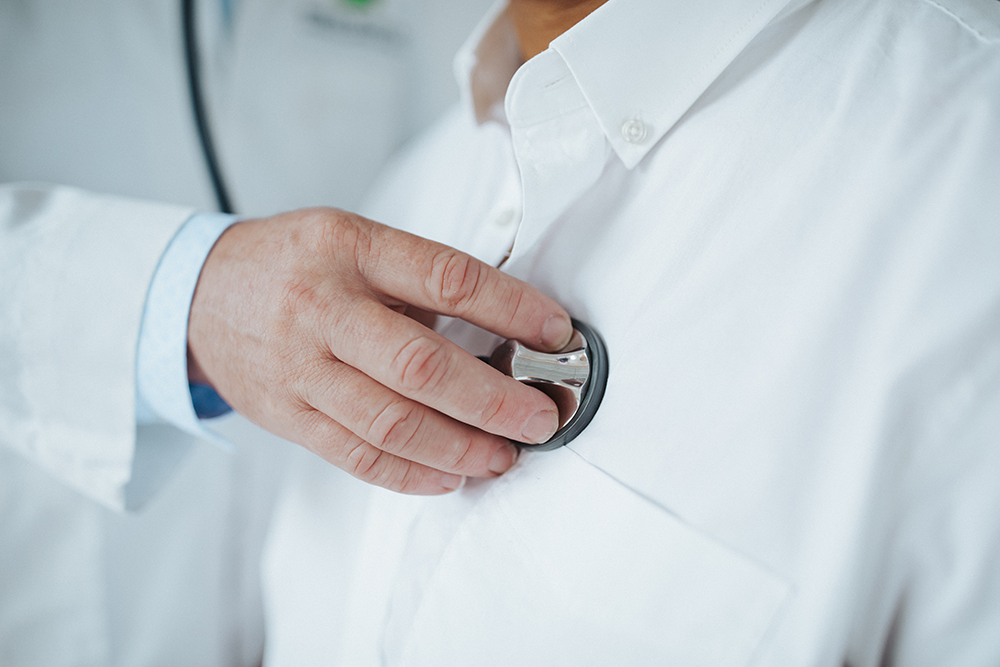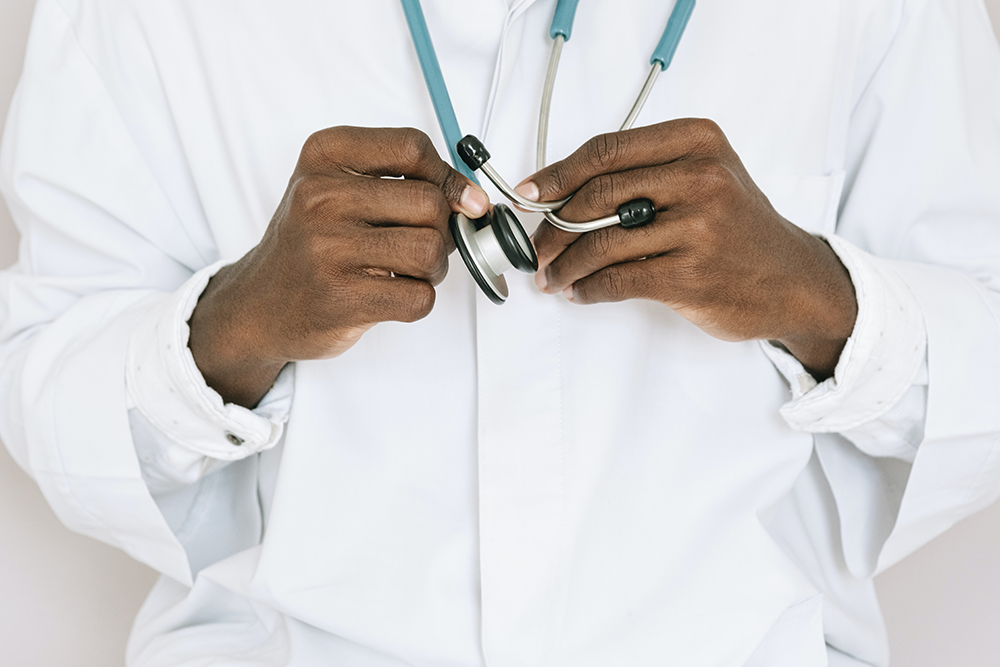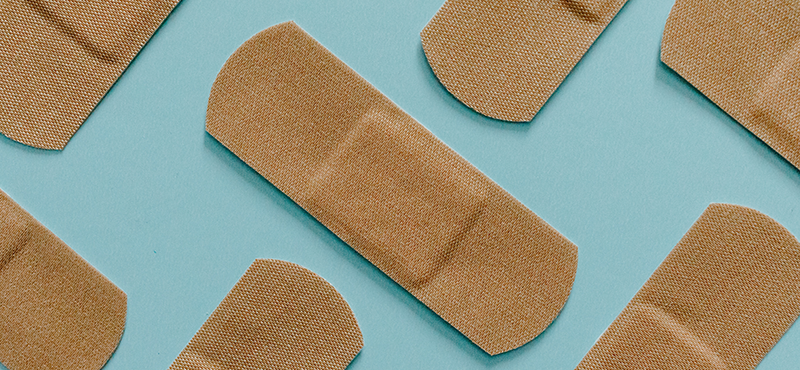
Reflux after bariatric surgery is a potential side effect, especially following a sleeve gastrectomy. Acid reflux, also known as gastroesophageal reflux disease (GERD), is a common condition where stomach acid flows back into the esophagus, the tube that connects the mouth to the stomach. This back flow usually happens when the lower esophageal sphincter, a ring of muscle at the end of your esophagus, doesn't close properly or opens too often. Normally, the lower esophageal sphincter opens to allow food into the stomach and closes to prevent food and acidic stomach juices from flowing back into the esophagus.
It's important to distinguish between reflux and heartburn, as they are commonly mistaken for the same. Heartburn describes the sensation of burning in the upper chest or throat, often triggered by spicy foods, overeating, or alcohol consumption, and doesn't necessarily indicate a medical issue. While heartburn is a symptom of acid reflux, one can occur without the other.
Reflux symptoms also include a burning feeling in the chest, like heartburn, and the taste of sour or bitter acid in the throat or mouth, known as regurgitation.
Understanding the Causes of Reflux
The esophagus, a muscular tube, ends with the lower esophageal sphincter (LES) at its junction with the stomach. The LES acts as a barrier to prevent stomach contents from moving back up into the esophagus. However, a weakened LES can allow these contents to reflux more readily. Factors increasing reflux risk include being overweight, pregnancy, certain medications, and smoking, affecting people of all ages, sexes, and ethnicities.
Additional Factors Contributing to Reflux
Obesity is a significant risk factor for the development of acid reflux, also known as gastroesophageal reflux disease (GERD). Several factors associated with obesity contribute to the increased likelihood of experiencing reflux:
1. Increased Abdominal Pressure:
Excess body weight, especially around the abdomen, can put additional pressure on the stomach. This increased pressure can cause the lower esophageal sphincter (LES) to relax inappropriately, allowing stomach contents and acid to back up into the esophagus.
2. Hormonal Changes:
Obesity can lead to changes in hormone levels that may influence the development of GERD. For example, increased estrogen levels, which can be seen in obese patients, might affect the functioning of the LES.
3. Dietary Factors:
Often, obesity is linked with dietary habits that can exacerbate reflux, such as high intake of fatty foods, spicy foods, chocolate, caffeine, and carbonated beverages. These foods can relax the LES or increase stomach acid production.
4. Hiatal Hernia Prevalence:
Obesity increases the risk of developing a hiatal hernia, a condition where part of the stomach pushes up through the diaphragm into the chest cavity. This anatomical alteration can impair the normal functioning of the LES and lead to reflux.
5. Delayed Gastric Emptying:
Obesity can be associated with delayed emptying of the stomach contents. Slower gastric emptying means the stomach remains fuller for longer periods, which can increase the likelihood of stomach contents refluxing into the esophagus.
6. Physical Inactivity:
A sedentary lifestyle, often associated with obesity, can exacerbate symptoms of GERD. Physical activity helps in the overall digestive process and can reduce pressure on the stomach.
7. Increased Incidence of Respiratory Disorders:
Obesity is linked with a higher incidence of respiratory disorders like sleep apnea, which can increase the risk of developing GERD. The mechanics of breathing difficulties can also influence the pressure dynamics in the thoracic cavity and abdomen, promoting reflux.
Reasons for Reflux after Bariatric Surgery
Around 35% of patients might develop reflux following a sleeve gastrectomy. This surgery creates a narrow stomach, increasing internal pressure after eating or drinking. The pylorus, a muscle at the stomach's base, connects it to the small intestines. If this muscle is too tight, coupled with a weak LES, reflux can occur.
Initially, we recommend patients avoid irritants like smoking, fatty or spicy foods, late-night eating, or alcohol. Anti-reflux medication may also be prescribed. If these measures don't alleviate the reflux after bariatric surgery, surgical options might be considered. For those who haven't had bariatric surgery, this could involve tightening the LES. For those who have had weight loss surgery, converting the gastric sleeve to a gastric bypass might be recommended. The gastric bypass surgery eliminates the pylorus and creates a new route between the stomach pouch and small intestines, facilitating smoother food flow and reducing reflux.
While converting to a gastric bypass can effectively treat reflux, it's not a guaranteed solution. Ongoing follow-up with the bariatric care team and adherence to post-surgery guidelines remain crucial in managing reflux after bariatric surgery.











